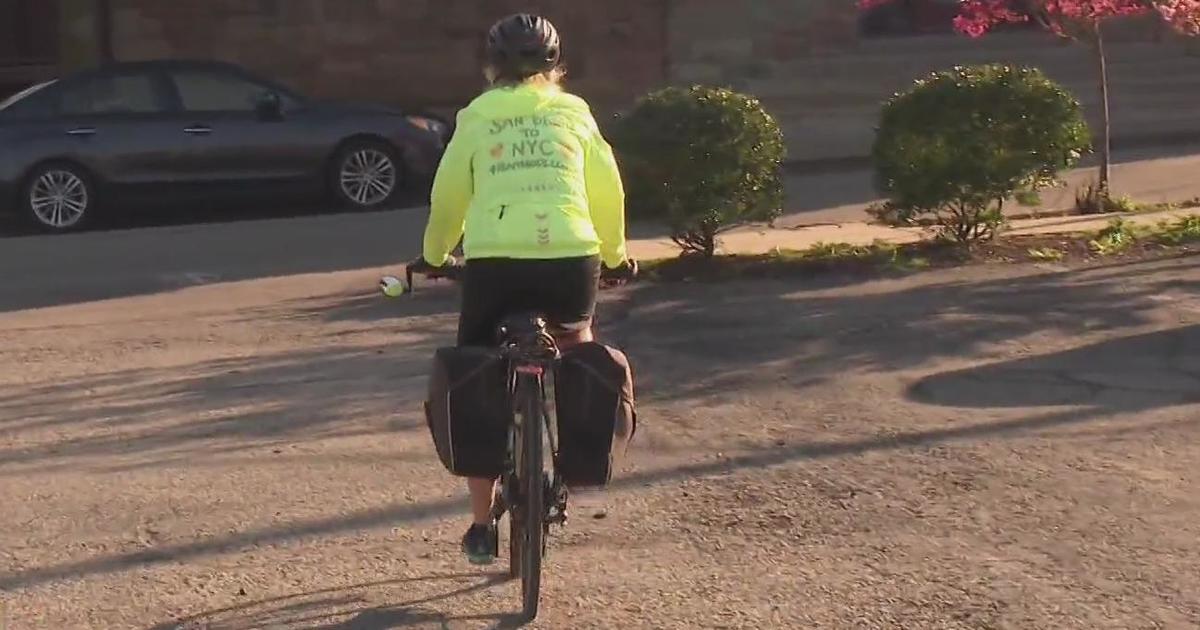Erie Co. Reports 2 More Confirmed Cases Of Enterovirus D68
PITTSBURGH (KDKA) - A respiratory virus is affecting children across the country and experts say this is just the tip of the iceberg.
So far, no cases have been reported in the Pittsburgh area, but that may or may not change since the number of cases continues to rise in other parts of the state.
KDKA's Brenda Waters Reports:
The Enterovirus D68 is a rare respiratory infection that comes from the same viral family that often causes late summer colds.
Currently, there have been four confirmed cases at Children's Hospital in Philadelphia and two cases in Erie County at Saint Vincent Hospital.
All affected patients have been children.
"It can infect any age group, but children seem to be the ones that get infected more frequently and seem to have more symptoms," Dr. Marian Michaels said.
Those symptoms can be mild or severe. In most serious cases, the patient has difficulty breathing and wheezing.
Dr. Michaels, a pediatric infectious diseases physician, said samples have been sent to the Pennsylvania Department of Health and the CDC in Atlanta.
"It's not that we don't have any cases, we don't have any confirmed cases. We have been seeing a lot of children come into the emergency room as well as hospitalized children with symptoms that probably are going to be the Enterovirus," Dr. Michaels said.
"On Sept. 8, one of my nurses at one of my schools, informed me of a suspected D68 virus," said Carl Bezjak, the superintendent at Albert Gallatin Schools.
KDKA's Mary Robb Jackson Reports:
That case was never confirmed, but it was enough for the school district to alert parents and the community by sending home letters and posting a notice on its website.
"We feel there is no need to panic. We just want to inform you that it is here, or possibly here," said Bezjak.
Hand sanitizers are being placed throughout the district's nine buildings and maintenance is working on further preventive plans.
"As far as disinfecting all of the desks, computers, whatever students or teachers may touch," said Bezjak.
There is no specific test for the virus and although it has been around for years, it just recently resurfaced.
The best way to prevent it is to wash your hands often, disinfect frequently touched surfaces and avoid touching the eyes, nose and mouth.
This strain of virus is not new. However, there are only a few labs that test for it.
You May Also Be Interested In These Latest News Stories
Join The Conversation On The KDKA Facebook Page
Stay Up To Date, Follow KDKA On Twitter



